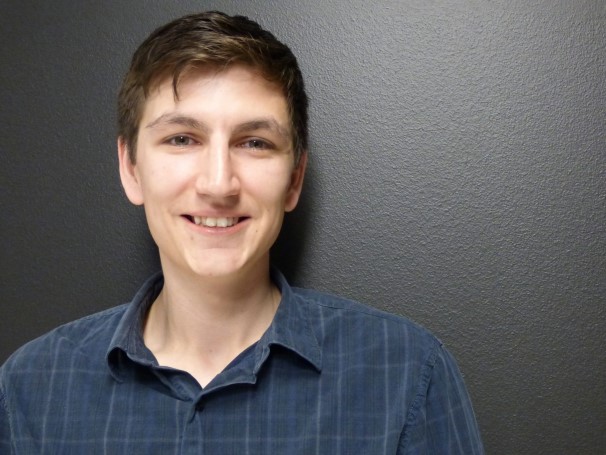Important Dates
Dec
01
Priority Application Deadline
Jan
01
Final Application Deadline
Contact us
For information on the Biology of Aging Discipline, please contact:James Nelson, Ph.D., Biology of Aging Discipline Director
nelsonj@uthscsa.edu
210-562-6132 Judith Quiroz, Biology of Aging Discipline Coordinator
quirozj1@uthscsa.edu
210-567-3802 For information on the IBMS Ph.D Program, please contact:
Michael Berton, Ph.D., IBMS Program Director
berton@uthscsa.edu
Donna Navarro, MS, IBMS Assistant Director
navarrod3@uthscsa.edu
Requirements
- Bachelor's degree or a Master's degree and relevant advance coursework
- GPA of 3.0 or above
- Submit transcripts to Office of the Registrar
Tuition and fees
Students receive a stipend of $35,000. Tuition, fees, and basic student health insurance are covered by the program.
Resources
The Graduate School of Biomedical Sciences is proud to partner with the Texas Higher Education Board in helping students develop and build on skills employers value and seek out in job candidates.

I was attracted to the work being done in at the Barshop Institute because their faculty were using powerful techniques to interrogate the prominent (some might say dogmatic) oxidative stress theory of aging.
Brian Stoveken, 6th year student